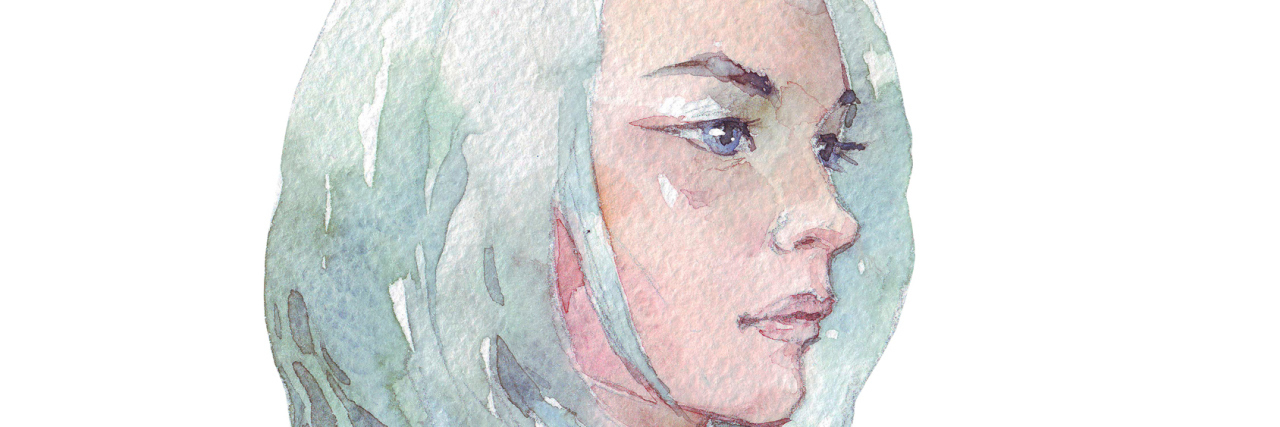I think about chronic illness a lot, mainly because I have seven. Yes, that’s right: I said seven. I finally counted one day as I tried to validate to myself that I was not a “crazy” person, that my pain and sadness is justified. Some of these ailments affect me more than others, some affect me daily and some now and then. But when they hit, it can be ferocious.
One thing they all have in common is that they are not my choice. Another commonality is that I do not wish to have any of them. Who chooses to struggle with migraines from 8 years old? Who wants to battle anxiety and depression daily since a teenager? Who enjoys having gastroesophageal reflux disease (GERD) and irritable bowel syndrome (IBS) that can be painful and embarrassing? Or who loves the nightmare of endometriosis, which is one of the worst things that has affected me starting in my later 30s? Nobody would choose all this, and yes some people “have it worse,” but it doesn’t minimize the battle I have daily just to be “normal.”
I empathize with those that have terminal illnesses or are fighting hard just like me. What I am proud of is I do all that is in my power to live as well as I can with these hurdles and get what help I can to manage them. What I find extremely challenging though, is how the outside world affects me while I am wading through this journey. By “outside world,” I guess I mean not just weather and climate changes, but the humans we are surrounded by and in contact with, family or friends, co-workers or strangers out in life, all things that are beyond my control, which truly are most things. My days are often long, draining and painful, and sometimes I don’t want to live a second more with that pain or mental anguish I endure. When it is not physical, the emotional takes over and sometimes I feel like that can be worse.
Judgment from people can be agonizing. “Support” from people can be even worse. Some may think they are lifting you up and helping you, but statements like “just get over it” or “you look fine, it can’t be that bad” can be doing more damage than good. The assumptions people make about someone that is suffering can be extremely hurtful. Just because I look OK on the outside does not mean I am OK at all.
Let’s say you break a bone, and you’ve gone to hospital and got it put in a cast. You can see there was an injury and that a healing process is in place. People feel badly that you suffered pain and they are happy to share that with you and wish you well on a recovery. It is easy for them; it’s clear and basic.
Then you have a person that suffers silently with an invisible illness, such as depression, bipolar, fibromyalgia, endometriosis or another illness, and it is not simple. Maybe it took all the strength the person had left in them to get up and shower and get to work that day. No one sees the struggle, the pain they go through, but can be quick to make a comment when they see you. “You look tired today” or “Awe, cheer up, things can’t be that bad,” “Smile,” or comparing their pain to yours if you have let someone know you are struggling.
I think most people don’t intend to hurt, pass judgment, be cruel or insensitive, but I do think we don’t give enough thought to how we treat others. All people — not just people that have chronic illness. A mother or father that had a rough night with their baby, or someone that is grieving the loss of a loved one needs just as much kindness and support as anyone else.
The fact is we do not know what others are going through, even some of the people we are the closest to. Our lives are all unique and we all have our own triumphs and struggles, but we do have the power in ourselves to speak kindly, and be compassionate. We can make an effort to make someone else’s day better even if it is the smallest way; share a smile with a stranger, hold a door, just listen without opinion or advice and be a little wiser about the words we speak to one another.
Getty image via annwaterru.

